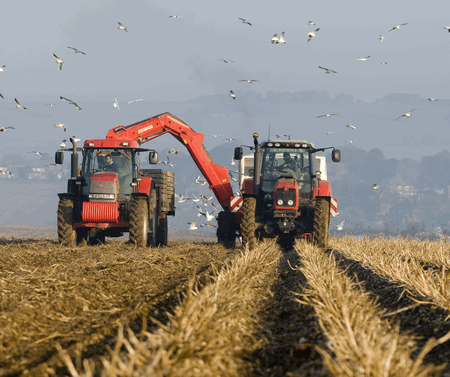How genetically modified potatoes could help fight potato cyst nematodes (PCN)?

Leeds University‘s genetically modified potato trials, recently given the go-ahead by DEFRA, will research two possible methods to resist infection by potato cyst nematodes.
The small scale field trial involves growing around 400 plants, which have been genetically modified with the introduction of one of two proteins, according to Peter Unwin from the University.
“The first involves the introduction of a protein to the root of the potato plant, which when eaten by the nematode prevents it from digesting other proteins in its diet.
“This means the nematodes then grow more slowly and produce fewer offspring, improving the chances of crop growth. We’ve trialled this approach safely before.”

Potato cyst nematodes cost UK growers an estimated £65m annually
The second approach is the introduction of a gene to potato roots which means that the nematodes are unable to smell the plant, limiting their ability to find it and feed on it, explains Dr Urwin.
“Both approaches will be compared to see how well they work in isolation, and also to see how well they work together. Neither is lethal to the nematode.”
He is hopeful that the work will have implications for other crops around the world, not just for UK potato production.
“We are all aware that PCN causes considerable damage in the UK, costing growers around £65million each year in yield losses and pesticide expenditure. But worldwide, it’s believed that all species of nematodes costs farmers as much as £60billion.”
Glasshouse trials previously conducted for four years at the university have satisfied the Biological Sciences research team about the environmental impact of this type of technology.
“We know there’s no risk to organisms living in the soil around the trials, or in the immediate vicinity. We now need to test whether the plants are effective in an outside environment.”
Dr Urwin stresses this latest research is a fundamental scientific evaluation, not a commercial field trial. “We are not working with a commercial product we are simply assessing some of the technology to see if it could be applied to crops.”
The trials will be strictly controlled, with all of the plants being destroyed after the tests to prevent tubers from entering the food chain.

